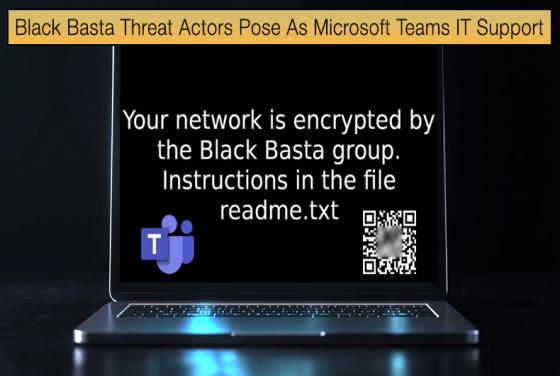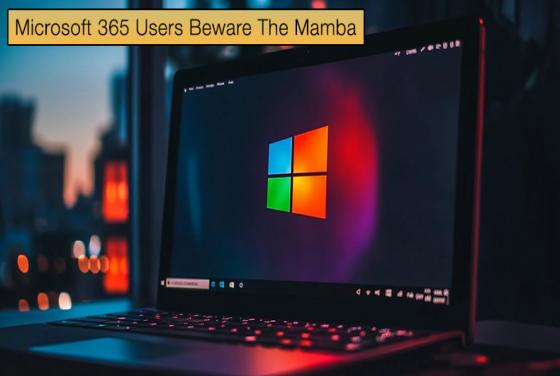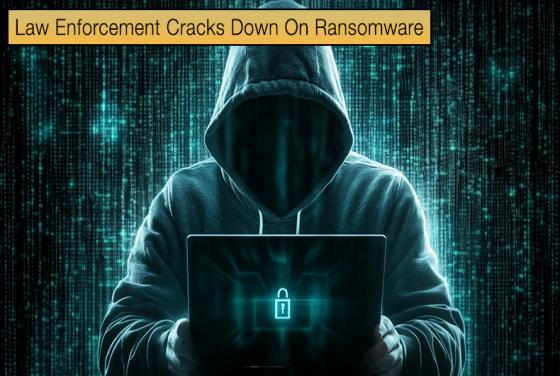

Glove Stealer Bypasses App-Bound Encryption
In a recent article by security firm Gen Digital, researchers detailed a new campaign delivering Glove Stealer as its primary malware payload. The new stealer was discovered as the payload has been named Glove by Gen Digital and uses ClickFix social engineering tactics to gain high privileges and i








